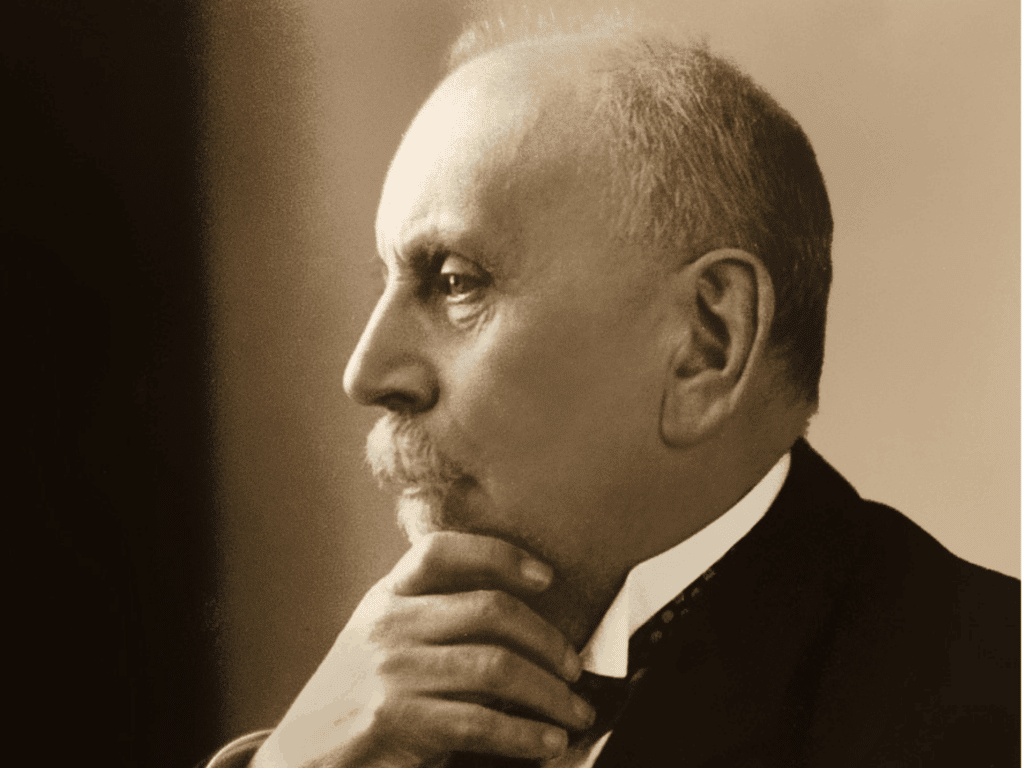Carl Jung is considered one of the great contributors to Alcoholics Anonymous and recovery. Some of his ideas permeate addiction treatment facilities today.
Some of Carl Jung’s most notable contributions to psychology were his ideas of the collective unconscious and archetypes. Carl Jung considered the collective unconscious the deepest level of the psyche containing the inherited experiences of human and pre-human species. His definition of the archetype is the inherited tendencies within the collective unconscious that dispose a person to behave in a manner like that of ancestors who confronted similar situations. Carl Jung talked about the commonality of social themes across cultures. He said that social themes are common among many cultures and remain the same since the beginning of time. Joseph Campbell researched similar ideas.
Carl Jung’s idea of the archetype is reflected in the addict’s spiritual journey in addiction treatment. Many addiction treatment facilities design their treatment programs around the idea of treatment being a journey, not unlike the journeys men in Greek mythology went on – Greek mythological characters such as Perseus and Odysseus. The journey of the alcoholic or drug addict is essentially a spiritual journey. It is a journey into self to confront your greatest fears, your innermost demons. Few have the courage and perseverance to complete the journey. Like Dante’s traveler in the Divine Comedy, the alcoholic/addict is guided by their sponsor who acts as a real life Virgil. In addiction treatment the character of Virgil is played by the client’s case manager. The journey of the alcoholic/addict is a journey out of the Inferno.
Carl Jung contributed many things to the field of psychology, but his imprint can be seen in addiction treatment as well.










